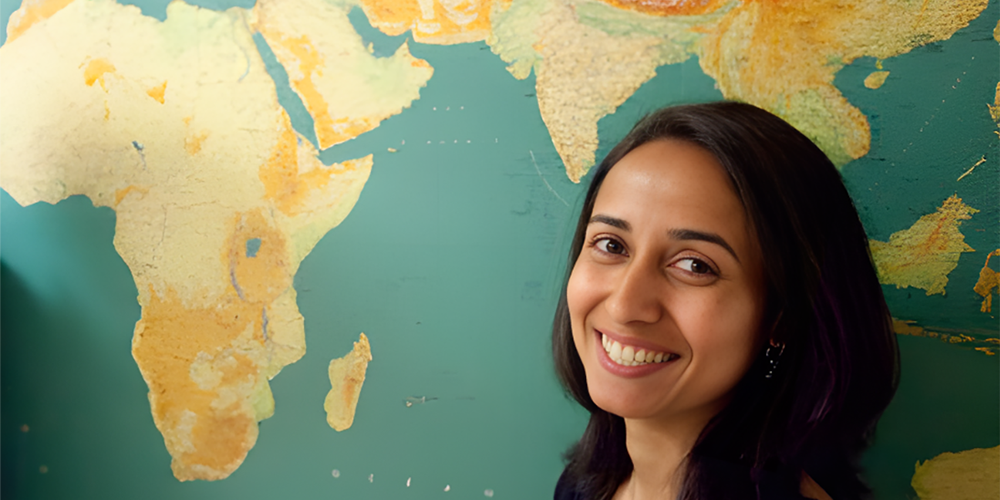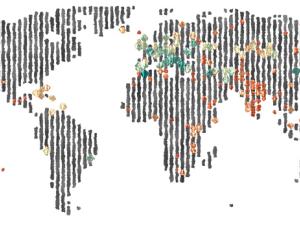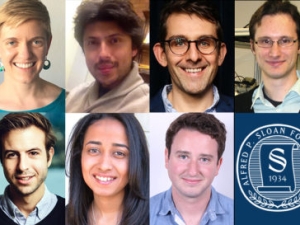

Research Bio
Priya Moorjani is an assistant professor in the Department of Molecular & Cell Biology. Her lab focuses on using statistical and computational approaches to study questions in human genetics and evolutionary biology. A central aim in the lab is to understand the impact of evolutionary history on genetic variation and to apply this knowledge to learn about human history and biology. To this end, we use genetic data from ancient specimens and present-day humans and primates to learn about: (1) how different evolutionary processes such as mutation rate evolve across primates, (2) when key events--such as introgression and adaptations--occurred in human history, and (3) how we can leverage these patterns to identify genetic variants related to human adaptation and disease. The research in the lab involves both development of new methods and large-scale genomic data analysis.
Research Expertise and Interest
Human evolutionary genetics, human genetics, ancient DNA, population genetics, statistical genetics




